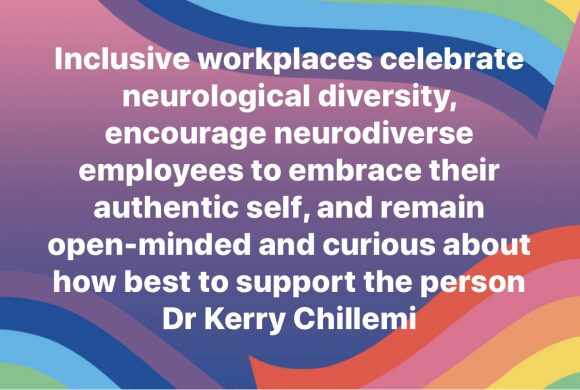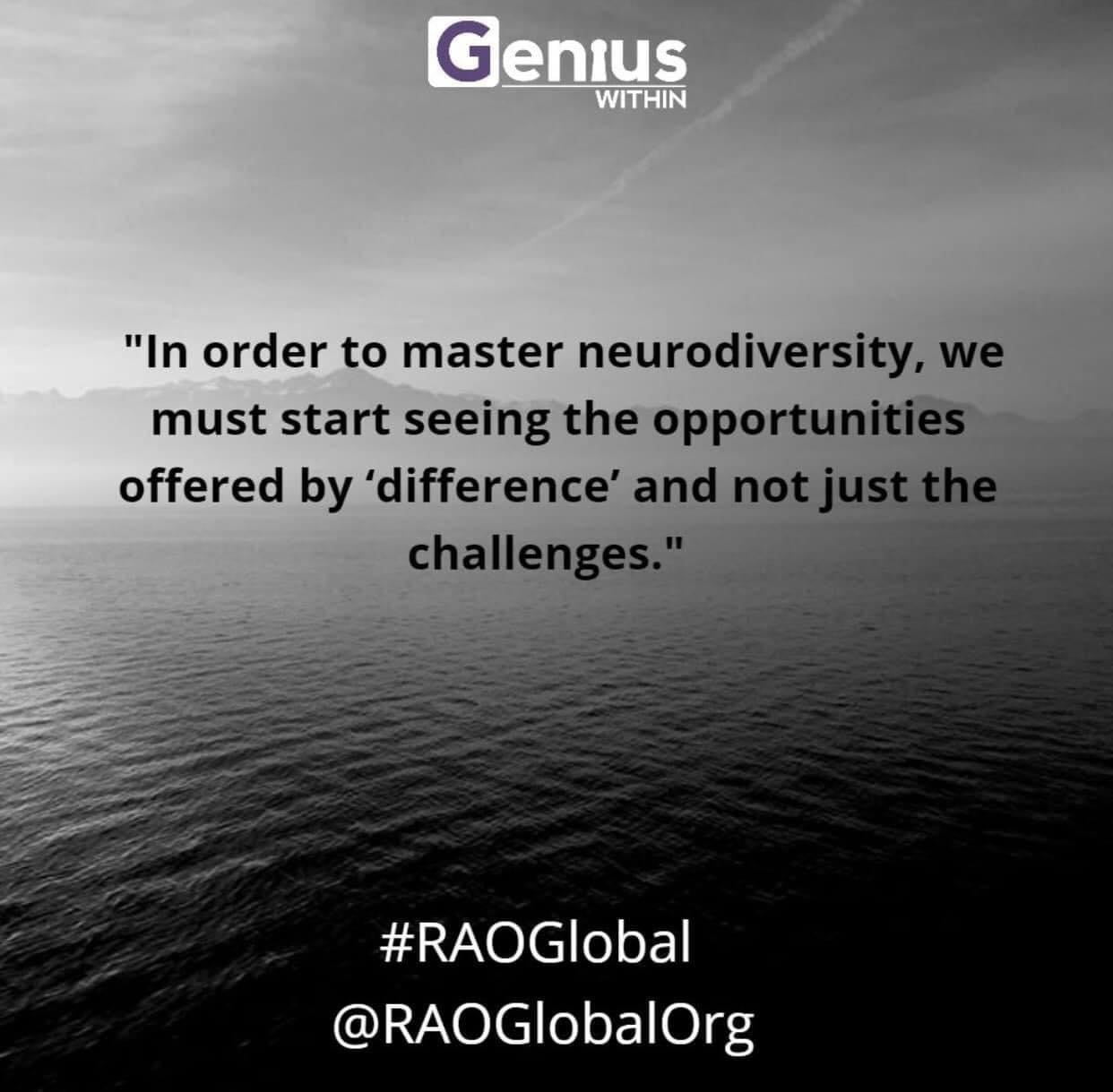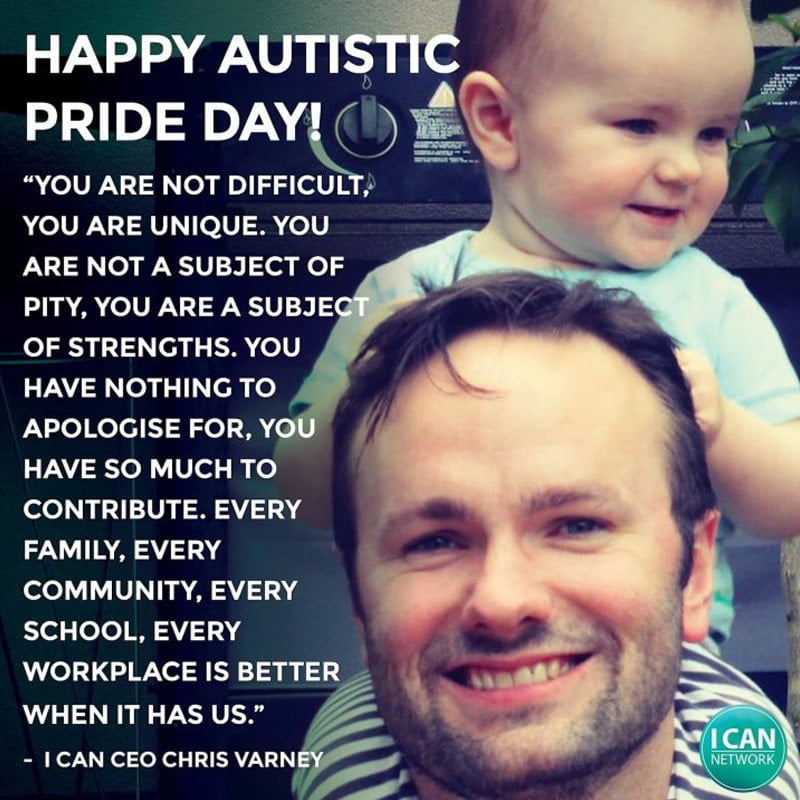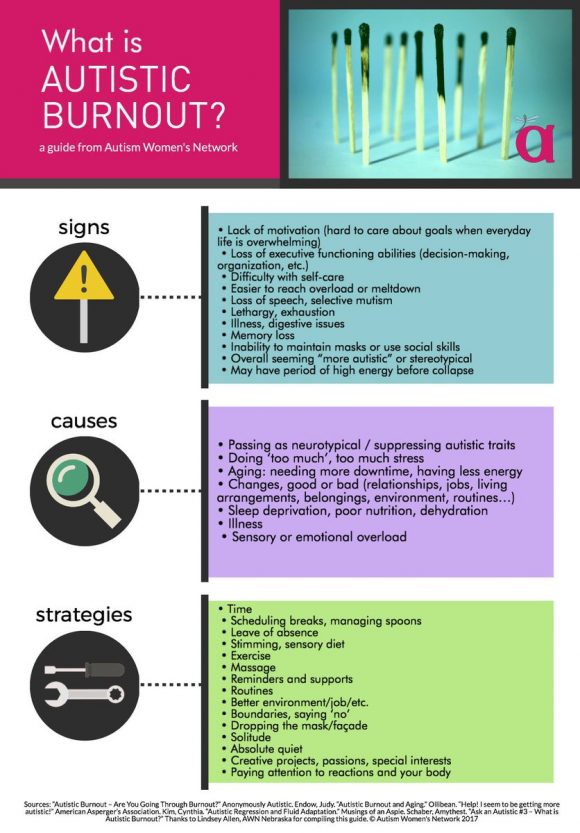Neurological Diversity In The Workplace
A Functional Legacy Mindset acknowledges the contributions and richness of different minds and advocates for early intervention and accommodations in schools and workplaces. When considering Autism, a balanced view that highlights strengths, whilst also validating challenges is important. Recognition that some of the difficulties experienced by Autistic individuals, stems from a society that is not yet inclusive or sensitive to the needs of Autistic individuals is important. Acceptance and understanding from others is needed to allow Autistic individuals to embrace their authentic self. When we can come to accept our whole selves, we can remove the mask that makes us feel hidden, rejected and disconnected. An important first step to removing the mask is one of acceptance, before we can identify and embrace the many strengths and beauty of the Autistic person.


DSM-5 Diagnostic Criteria for Autism Spectrum Disorder
The diagnostic and statistical manual (DSM-5) states that Autism Spectrum Disorder (ASD) is characterised by difficulties in two domains: (1) social communication and social interaction; and (2) restricted, repetitive patterns of behaviour, interests or activities. Deficits may not fully manifest until social demands exceed capacities or may be masked by learnt strategies in later life.
Promoting Understanding and Acceptance
Positive acceptance and understanding of autism contributes to continued growth, self-awareness, and finding a balance between continuing to work to overcome challenges, whilst also allowing space for a sense of acceptance and willingness to accept accommodations where appropriate.
Neurodiversity is a term coined by an Australian sociologist named Judy Singer, and the term has become more prominent following the release of Steve Silberman’s influential book ‘Neurotribes’. The term neurodiversity highlights that differences like those seen in autism relate to brain variations, and not malfunctions. Simon Baron-Cohen, a leader in the autism field, explains that “There is no single way for a brain to be normal” and Temple Grandin has famously stated she is “different not less”.

Established Strengths of the Autistic Mind / Acknowledging that greatness can be achieved through diversity.
Hyper-Focus and Attention to Detail :
- Ability to concentrate for long periods of time on reading, experimenting, writing.
- Exceptional skills in creative arts, such as Art and Music
- Exceptional attention to detail
- Ability to perform repetitive tasks where accuracy, rules and routine are important
- Systematic information processing
- Strong work ethic – commitment to quality and accuracy of work, Self-motivated, Independent Learner
- Propensity to think outside the box and generate novel solutions to problems
Hyper-focus, a common trait in Autistic people allows them to focus on one thing for a long period of time. Surrendering is the strength of detaching from what life must look like (fixed outcomes), and the science of finding something thanks to an observant mind. The energy of people aspiring to create, teamed with the surrender of the awesome mind, is powerful and creative. There is a natural love of learning, fascination with facts, ability to listen without judgement or assumption, maintenance of order and accuracy, and a pursuit of personal theory despite conflicting evidence.
Social Communication Strengths :
- Tendency to be honest
- Tendency to have a strong sense of loyalty in all social relationships
- Exceptional attention to detail
- relishing in existential topics of importance
- Unique sense of humour
- Displaying empathy beyond care
- A tendency to be interesting (unconventional)
- An ability to listen without judgement or assumption
- A tendency to be open-minded and brave (responsive to injustices, advocate for those most vulnerable)
- A tendency to relate to and care for animals.
- A diagnosis of Autism Spectrum Disorder can allow people to stand with pride and connect to their tribe.
- A propensity to express care in non-traditional thoughtful ways
- Connections (as distinct from socialising which is internalising social norms) provide meaning in relationships with people (sincerity, loyalty, authenticity), objects or stimuli (special interests)
- An ability to redirect attention away from activities that may appeal to neurotypical people (e.g., marketing campaigns that are designed to get your attention).
These skills are found across a wide range of occupations, so care must be taken not to stereotype the interests and capabilities of Autistic people. We need to break down stereo types. Autistic individuals are your doctors, scientists, comedians, artists, teachers, family, friends etc.

Accommodations in the workplace:
Many of the challenges associated with Autistic differences result from a misalignment with a world that misunderstands or disregards Autistic needs.
Autistic individuals may benefit from support and accommodations with
- Adjusting to new procedures and routines
- Following complex verbal instructions (Autistic individuals are exceptional visual thinkers)
- Limiting sensory input (such as limiting time spent in open plan work spaces that are noisy and busy or allowing an employee to utilise a meeting room that is not occupied for intervals of time throughout the day)
- Allowing sensory breaks and/or flexible working arrangements
In addition to Autistic individuals developing new skills to promote their wellbeing, acceptance and understanding from others is needed. A curious approach that entails a desire to understand and see Autistic people as having equal rights, value and worth is important. Reasonable accommodations do not require lowering performance standards or removing essential functions of the individual’s job.
Please Find Below Psycho-Education To Enhance Your Understanding Of Some Of The Challenges Autistic Individuals Experience –
Please see the following link that will help you to understand the significance of a hyper-sensitivity to sensory experiences and the need for accommodations in the workplace


